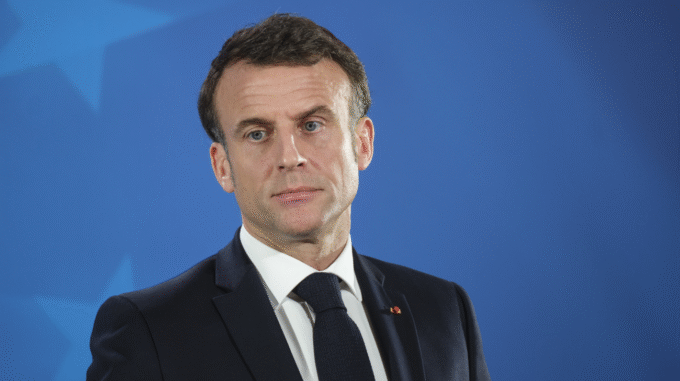Emmanuel Macron openly declared France’s readiness to actively support Israel in case of external threats, particularly from Iran

These words of the French president were spoken on Friday evening during an emergency press conference at the Élysée Palace, which require careful analysis and understanding of the modern geopolitical situation in the Middle East and beyond. Following the dramatic events of recent days and increased tensions in the region, Macron emphasized that France is prepared to defend its ally—Israel—in the event of an open attack from Tehran. “If Israel is attacked by Iran, France will certainly participate in defending its ally,” assured the President of the French Republic. At the same time, he clearly stated that this is not about initiating any offensive operations, but rather about defense and preparation to respond to potential threats. While ruling out unilateral escalation, Macron noted that the situation is quite unpredictable and depends on the extent of Iran’s reaction. “If Iran exceeds the defined limits or employs broader means in response, we face an unpredictable development of events, the consequences of which are difficult to foresee even at this moment,” he explained. As the French leader emphasized, the West cannot ignore facts regarding Tehran’s nuclear ambitions. According to him, Iran’s nuclear weapons program, as well as the increased production of ballistic missiles and the supply of such weapons to Russia for the war against Ukraine, cannot go unnoticed by the international community. Macron stressed that all Western countries must act in a coordinated and responsible manner to halt this dangerous trend. The events of the night of June 13 left their mark on regional stability. Israel carried out a series of strikes on Iranian targets near the nuclear program, justifying its actions as an attempt to prevent Tehran from acquiring nuclear weapons. It is known that the Israeli operations aimed to destroy key facilities that could potentially serve as launch sites for nuclear weapon development. At the same time, American and European representatives emphasized the need for a diplomatic solution to resolve the conflict. French Secretary of State for Foreign Affairs, Marco Rubin, highlighted that the strikes carried out by the Israeli military were unilateral and ad hoc, although it is known that the U.S. had prior information about these operations and did not obstruct them. This once again underscores the complexity and sensitivity of the situation, which requires thoughtful and joint efforts from the international community. Analysts note that the escalation of military actions and diplomatic efforts confirms that the conflict in the Middle East remains one of the hottest and most dangerous in the world today. Against the backdrop of recent threats and statements by high-ranking officials, the issue of nuclear weapons’ role becomes increasingly relevant, as uncontrolled escalation could lead to global consequences. Overall, Macron stated that France is ready to act in tandem with allies to contain and prevent a full-scale confrontation. At the same time, he emphasized that diplomacy remains the main priority, serving as the primary tool in the fight against the proliferation of nuclear and missile technologies and in stabilizing the region. The recent events repeatedly confirm that any attempts at escalation can easily escalate into a global crisis, and therefore the international community must act with particular responsibility and caution.

